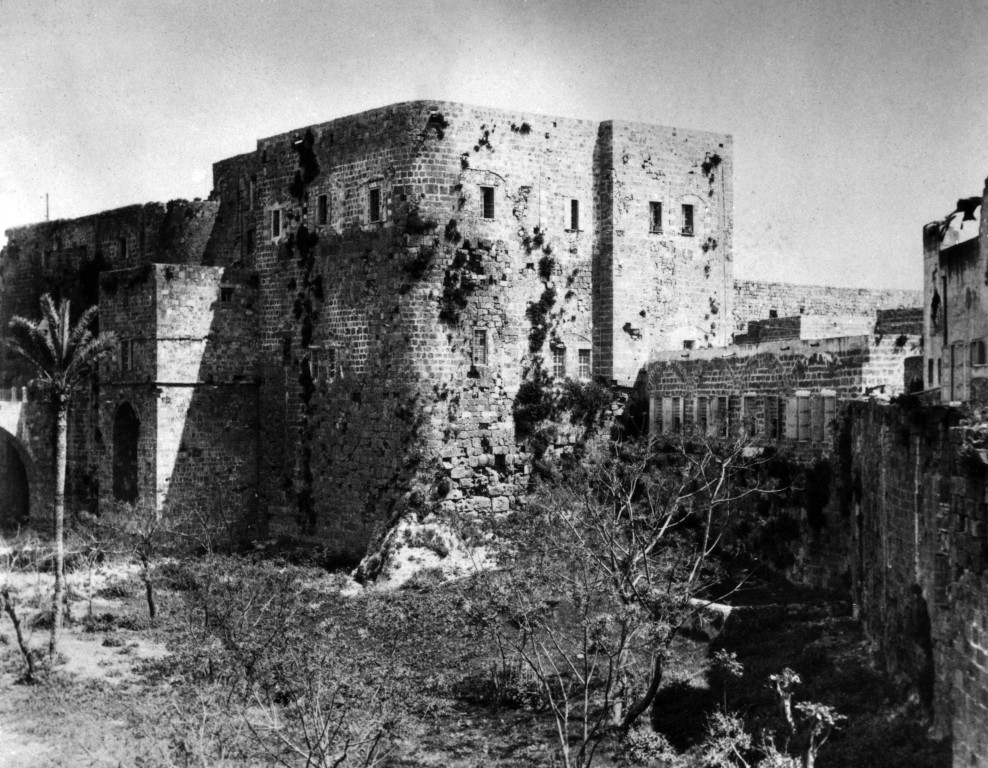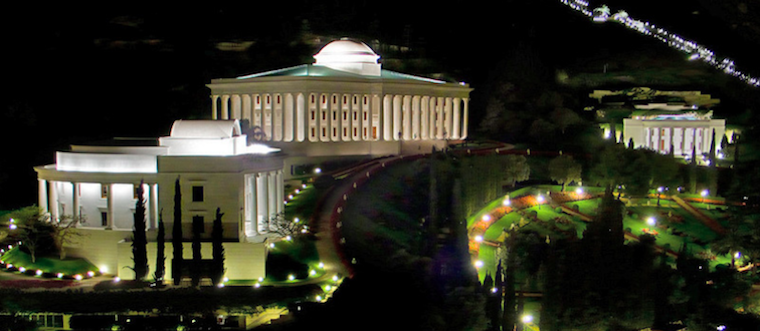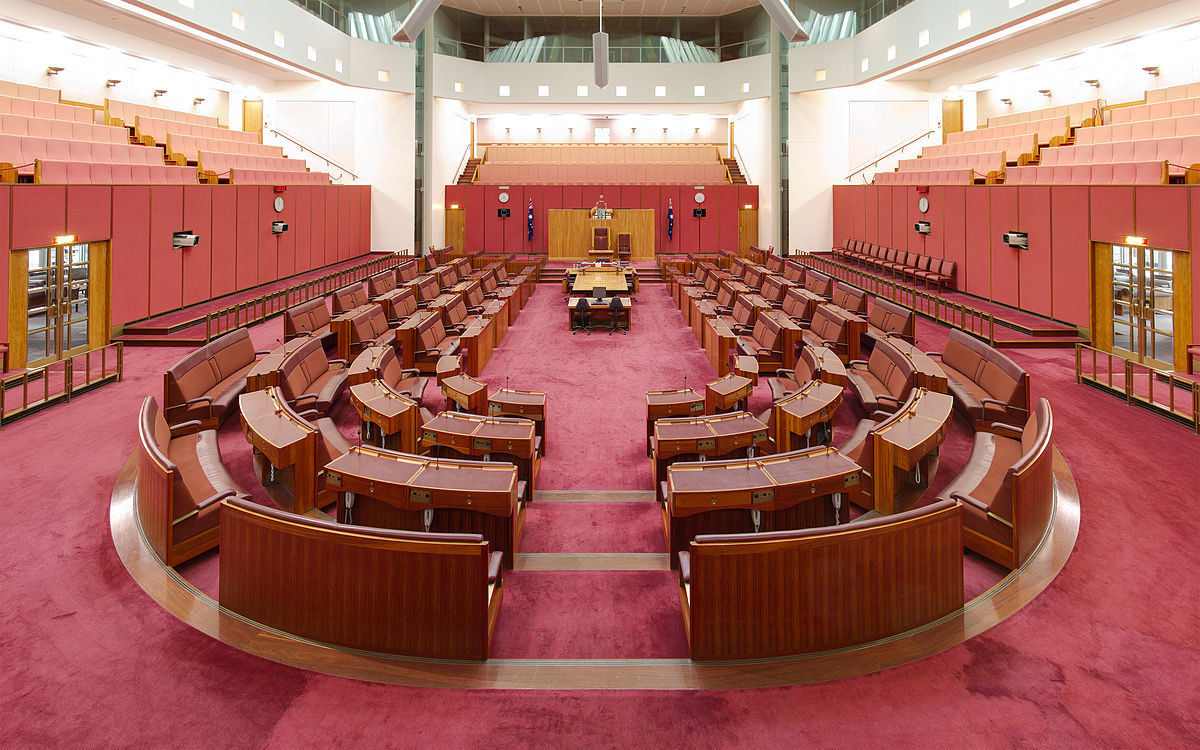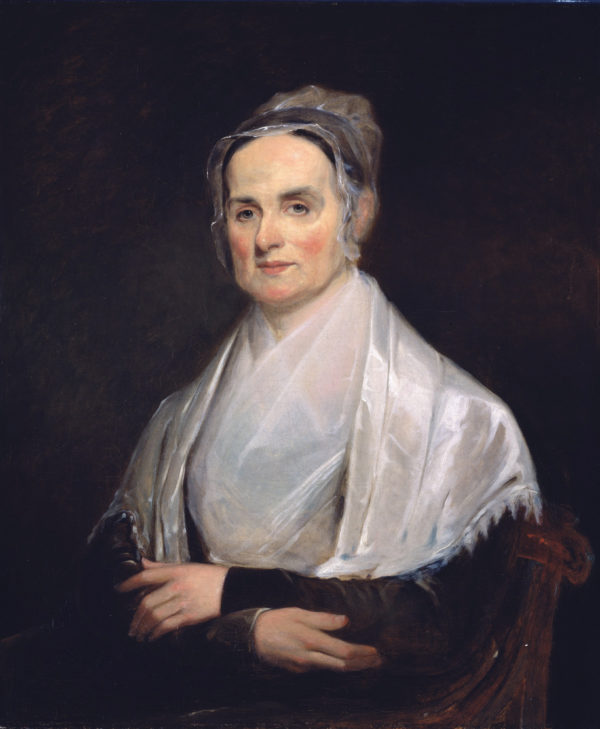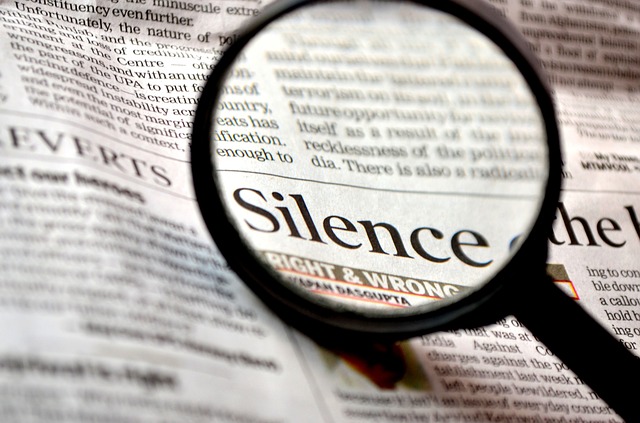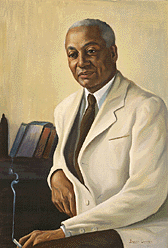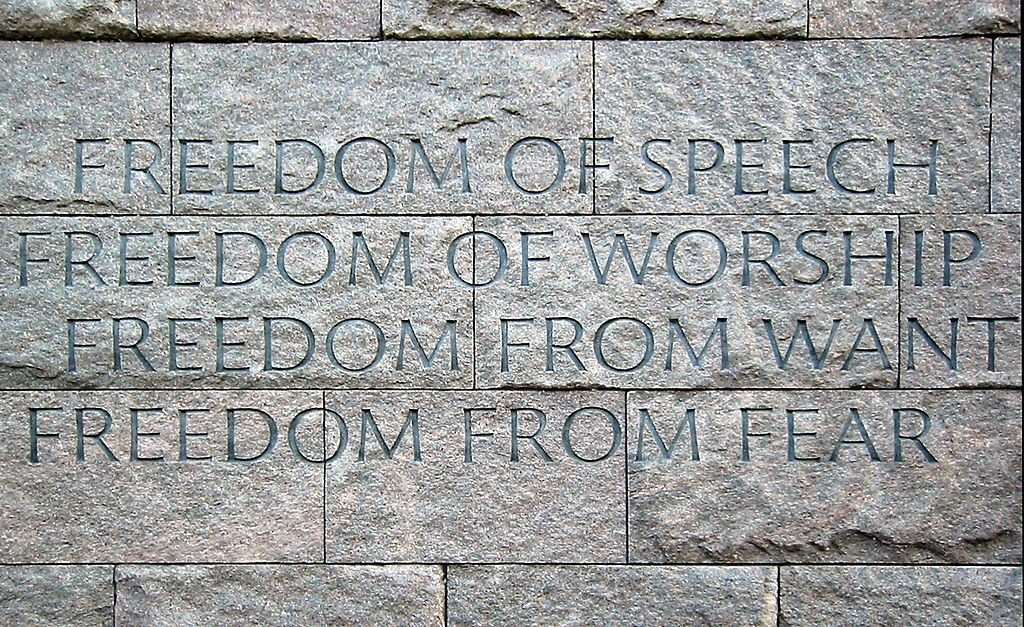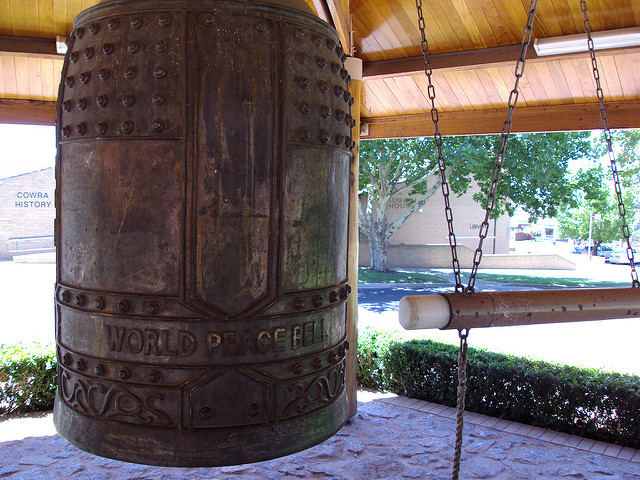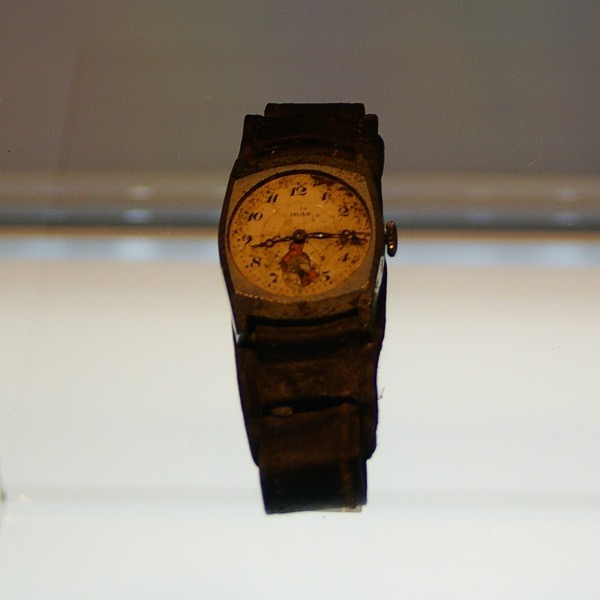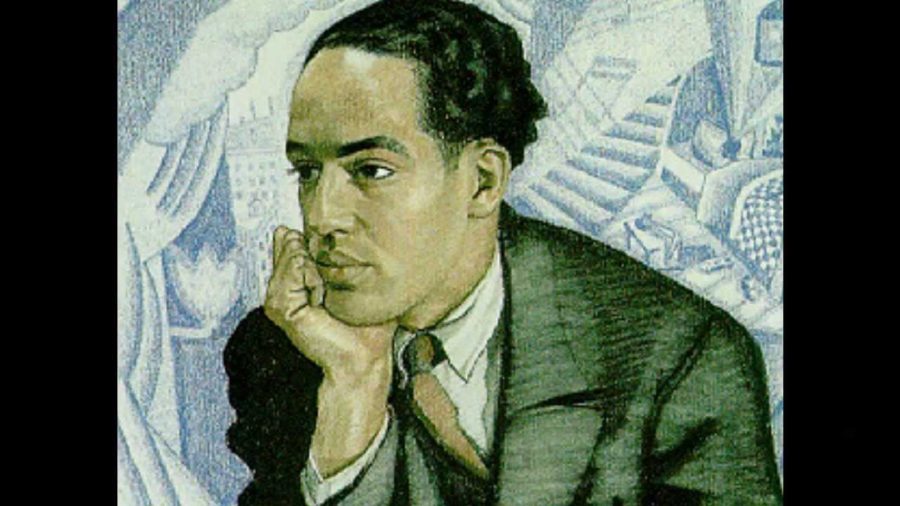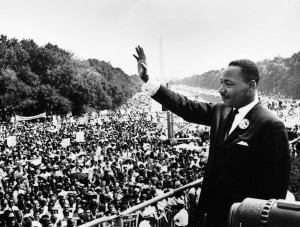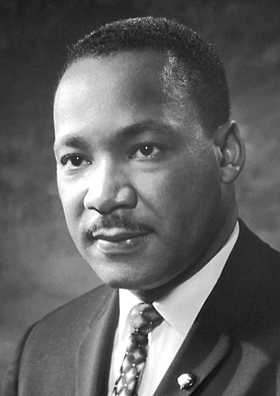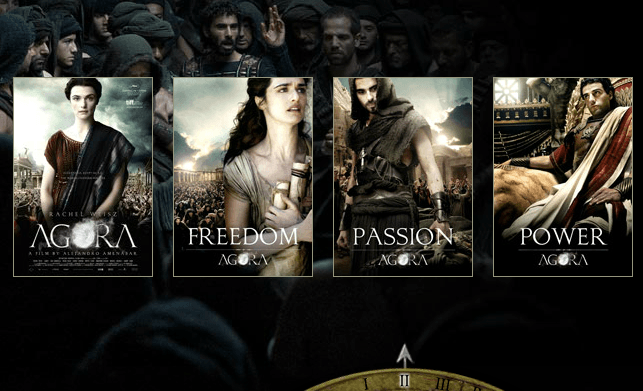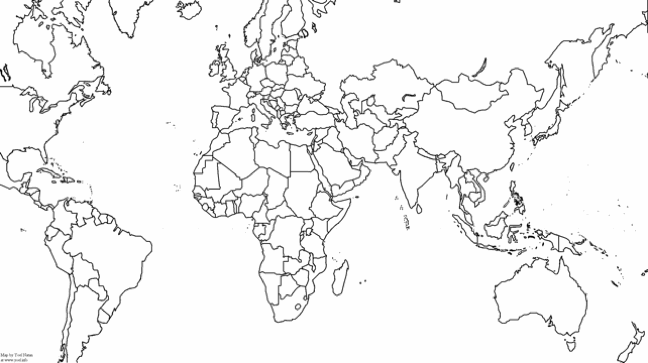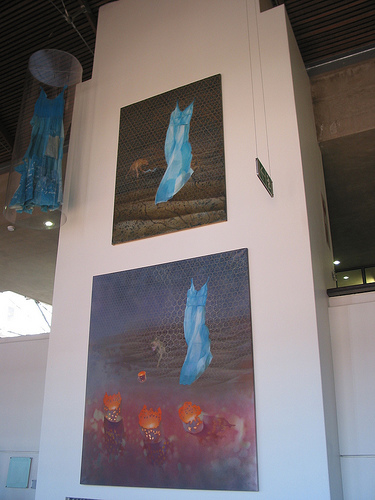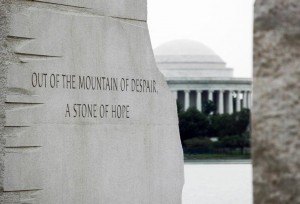-
Bahá’u’lláh on Human Rights
Abdu’l Baha would, in his talks in 1911 and 1912 introducing Bahá’u’lláh’s teaching, identify a list of principles drawn from the teachings of Bahá’u’lláh. The list was not always exactly the same – and Abdu’l Baha would often introduce them with words such as “and among the teachings of Bahá’u’lláh”. We have already explored some of these topics, for example the oneness of humanity, the oneness of religion, the harmony of science and religion, equality of men and women, the balancing of material and spiritual in society. Abdu’l Baha also included human rights in that list. We should note that when he did so, there was no worldwide consensus around…
-
Parliamentary Committee: Law to Strip Citizenship Lacks Proper Justification
The Human Rights Committee of the Australian Parliament has expressed serious concerns about human rights compatability of the proposed law to strip citizenship from dual nationals suspected of involvement in terrorism. (Australian Citizenship Amendment (Allegiance to Australia) Bill 2015) The Committee, which has the job of making sure Australian laws are human rights complaint, made its findings in its latest review of Bills before the Australian Parliament. The Bill (which is expected to be adopted by Parliament) proposes to automatically strip citizenship from a dual national where the person is involved in a terrorist act or in supporting terrorism. The Committee notes that removal of citizenship has broad ranging human…
-
Alain Locke on Identity and Human Rights
Of Alain Locke, Martin Luther King Jr. said: “We’re going to let our children know that the only philosophers that lived were not Plato and Aristotle, but W. E. B. Du Bois and Alain Locke came through the universe.” In this article we explore an idea in the work of Alain Locke – the idea that identity and oppression are related to each other. That the pathway to emancipation is through re-imagining our identity. Early on he explored these themes in the introduction he wrote to his 1925 anthology titled “The New Negro“. The tribute above, particularly from Martin Luther King, calls for greater attention to Alain Locke’s philosophy and…
-
The Universal Declaration of Human Rights: insights from its first draft
Until recent years it was hard to find good information on the origin of human rights. This was particularly true about the creation of the Universal Declaration of Human Rights. The fiftieth anniversary of the Declaration in 1998 began to change that picture as scholars began to turn their attention to the history of human rights. Among the books that have been written since, are Mary Ann Glendon’s book, A World Made New, and Johannes Morsink’s book The Universal Declaration of Human Rights Origins, Drafting & Intent. Both works tell the story of the how the Universal Declaration of Human Rights was created. Glendon’s book also happens to be one…
-
What does it mean to be human?
The Prem Rawat Foundation asks this question in its video release to mark the 2014 International Day of Peace. It’s just there in the flow of the narrative. What does it mean to be human? Sometimes, the questions we ask, are the most significant thing. Some questions create new realities. They lead to discoveries we didn’t imagine before. So, what does it mean to be human? If we look back into the history of human rights, we find similar transformative questions asked which opened a new future. For example, what does it mean to be a woman? was a question repeatedly asked throughout the struggle to achieve gender equality. In the…
-
Martin Luther King Jr – Civil Rights Leader and Peace Advocate
Martin Luther King, Jr. gave his life for the poor of the world, the garbage workers of Memphis and the peasants of Vietnam. The day that Negro people and others in bondage are truly free, on the day want is abolished, on the day wars are no more, on that day I know my husband will rest in a long-deserved peace. —Coretta King This article is part of a series on human rights forebears. Rev. Dr. Martin Luther King Jr. lived a life beyond the ordinary and writing about him is challenging. His life made the world that came after him better. This article will not do justice to his…
-
The Peace Advocacy of Martin Luther King (Part 4 of 4)
To appreciate Martin Luther King’s thoughts on peace, we must understand his thoughts about the relationship between human beings. He saw all human beings as caught “in an inescapable network of mutuality, tied in a single garment of destiny.” He expands on this thought in his 1964 speech, “The American Dream”. All I’m saying is simply this, that all life is interrelated. And we are caught in an inescapable network of mutuality, tied in a single garment of destiny — whatever affects one directly, affects all indirectly. For some strange reason I can never be what I ought to be until you are what you ought to be, and you…
-
Martin Luther King and Non-violence (Part 3 of 4)
Martin Luther King thought deeply about the best methods to use to overcome the injustices facing African Americans. This in itself is an important observation. It is appropriate for us in the 21st century to also think deeply about questions of method. His speeches frequently describe and defend nonviolence as the method he felt was both effective and moral for the issues on which he worked. Sometimes the description was in response to criticism of the method as “too extreme”, at other times it was to reject the violence advocated by some. His explanations were patient and detailed. The basic steps of the method are outlined to his fellow ministers…
-
Martin Luther King Jr. – What role did Christianity play in his civil rights advocacy? (Part 2 of 4)
Martin Luther King Jr. was born in Atlanta Georgia, the second son of Martin Luther King Sr. and Alberta Williams King. Martin Luther King Jr. was by vocation a Baptist minister. He was in the fourth generation of his family to take up this vocation. It is impossible to fully appreciate Martin Luther King’s work without understanding the role that Christian thought and inspiration played in his advocacy of human rights. Martin Luther King’s letter from a Birmingham prison to fellow Christian clergymen gives insight to the role his religious commitment played in generating and sustaining his commitment to work for justice. Further, the people from whom he came, the…


